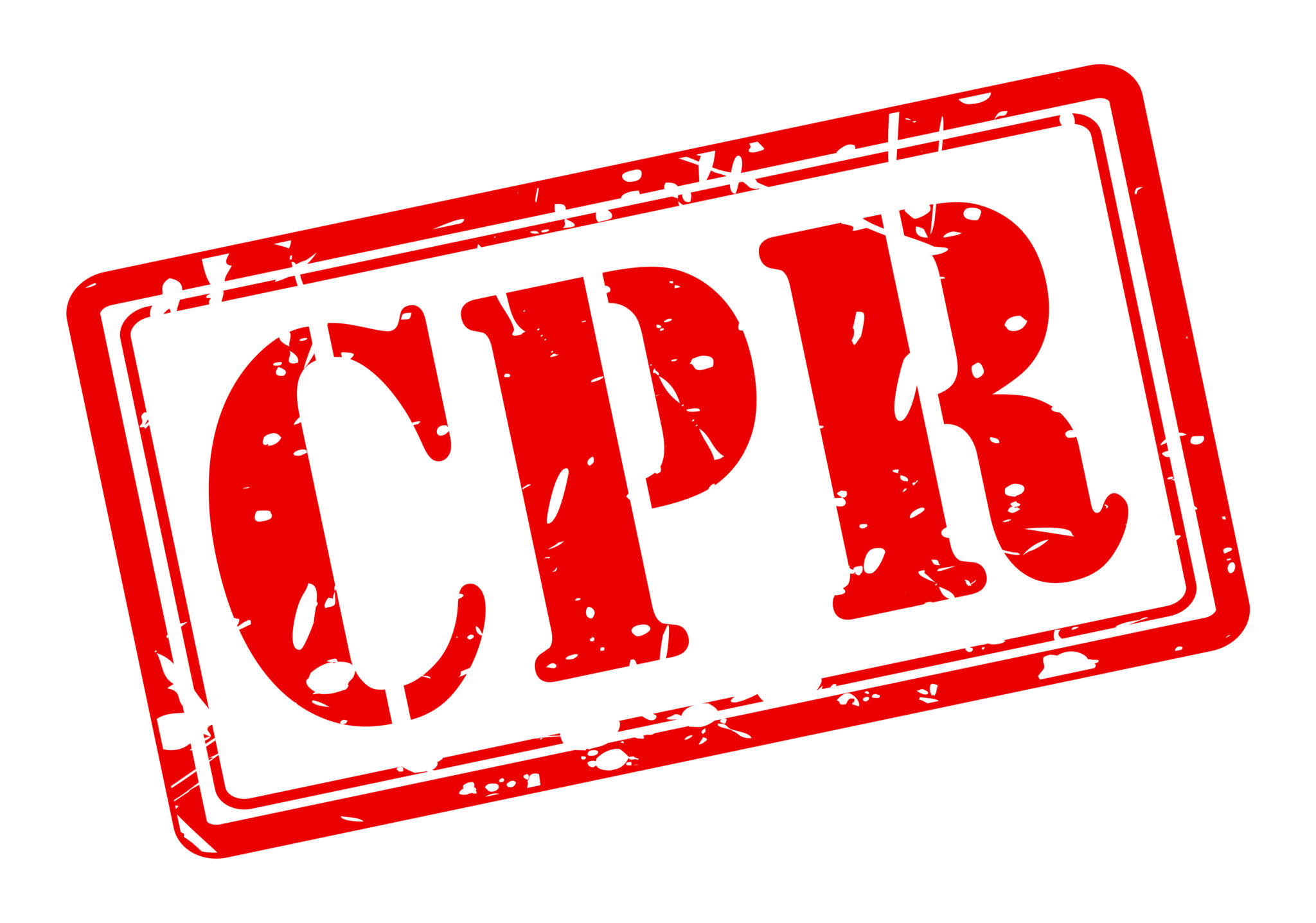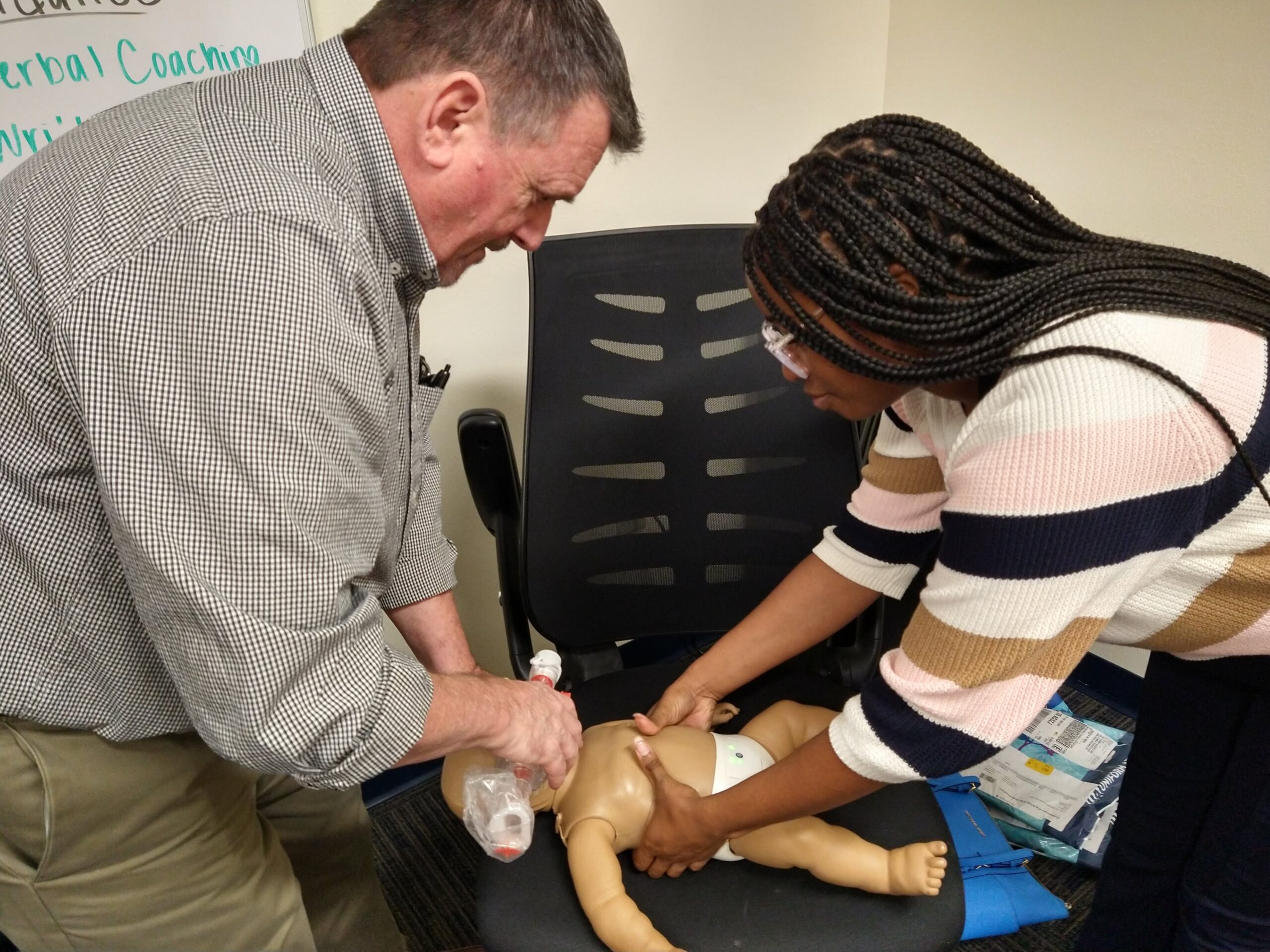CPR News: American Heart Association Compliant BLS and ACLS Courses.The American Heart Association (AHA) announced the release of its updated Basic Life Support (BLS) and Advanced Cardiovascular Life Support (ACLS) programs. The courses in these programs are now updated to comply with the 2015 AHA Guidelines Update for CPR and Emergency Cardiovascular Care. CPR News.
BLS teaches basic life support skills for application in both in-facility and prehospital settings, with a focus on high-quality CPR, improvement of chest compression fraction, and team dynamics. ACLS builds on the foundation of lifesaving BLS skills, emphasizing the crucial importance of high-quality CPR to patient survival and the value of high-performing teams. In addition to the updates to align with the 2015 AHA Guidelines Update, AHA has adapted its teaching format to better accommodate the different learning preferences of students and to offer teaching flexibility to instructors.
“Each year, more than 209,000 people have a cardiac arrest while in the hospital,” said Mary Elizabeth Mancini, RN, PhD, Professor, Senior Associate Dean for Education Innovation and Chair for Undergraduate Nursing Programs at The University of Texas at Arlington College of Nursing and Health Innovation. “Healthcare professionals on the front lines will benefit from the AHA BLS and ACLS training tools and materials tailored to serve them in the unique environments they encounter patients.”
Most important in both courses is the change in delivery of chest compressions and chest compression depth. Further changes in the BLS courses include:
Immediate recognition and activation of the emergency response system
Chest recoil
Minimizing interruptions in chest compressions
Ventilation during CPR with an advanced airway for all ages
Further changes in the ACLS courses include:
Systematic evaluation of adult patients
Early management of respiratory arrest
Recognize and perform early management of cardiac arrest until termination of resuscitation or transfer of care, including immediate post–cardiac arrest care
Model effective communication as a member or leader of a high-performance team
Evaluate resuscitative efforts during a cardiac arrest through continuous assessment of CPR quality, monitoring the patient’s physiologic response, and delivering real-time feedback to the team
Define systems of care
These new courses offer the advantage of content representing the latest resuscitation science for improved patient outcomes, realistic scenarios, simulations, and animations depicting rescuers, teams and patients. These courses also offer course and content flexibility for AHA Instructors and students, including adaptability to local protocols. The courses will be offered in three formats:CPR News.
Instructor-led training in a classroom setting (currently available). Instructors deliver courses designed to include both the cognitive portion of training and the psychomotor component of thorough skills practice and testing.
Blended learning, using online technology to supplement and improve the learning process (available in summer). Blended learning uses online technology not only to supplement but also to transform and improve the learning process. Successful blended learning can reach students with varying learning styles and in different environments. It is a combination of eLearning, in which a student completes part of the course in a self-directed manner, and a hands-on skills session.
Resuscitation Quality Improvement. This is a unique AHA program designed specifically for training actively employed healthcare providers in clinical environments. Unlike the Instructor-led and/or blended course, the RQI program is a skills mastery platform designed for site-specific adoptions. RQI is designed to support hospitals and healthcare providers by helping them maintain skill competency and achieve better patient outcomes through regular, low-dose/high-frequency training. RQI helps ensure healthcare providers have the confidence and competence to perform high-quality CPR whenever the need arises.
For more information on AHA’s BLS course offerings, visit heart.org/BLS. For more information on AHA’s ACLS course offerings, visit heart.org/ACLS.




